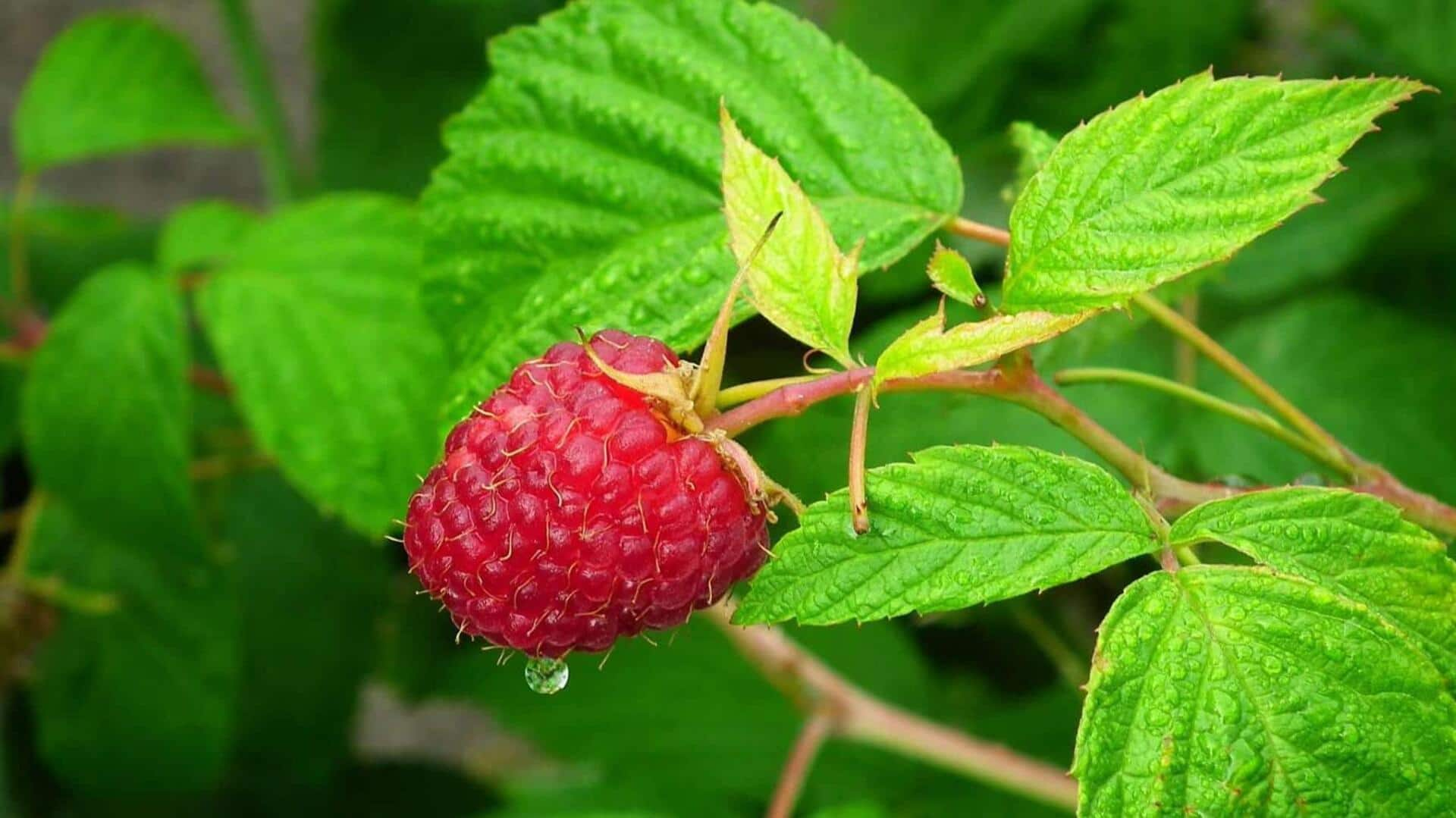
Raspberry leaf v/s blackberry leaf: Comparing their benefits
What's the story
Raspberry and blackberry leaves have been used for centuries in herbal infusions, both offering unique benefits. Brewed into teas, these leaves serve as a caffeine-free alternative with health benefits. Although both leaves are derived from berry plants, the properties and uses can vary a lot. Here's what you should know to choose the right infusion for your needs.
Nutrients
Nutritional composition of leaves
Raspberry and blackberry leaves are rich in essential nutrients. They contain vitamins C and E, which boost your immunity and keep your skin healthy. These leaves also offer minerals like magnesium and potassium, which promote your overall well-being. Antioxidants present in them help fight oxidative stress in the body.
Health boost
Potential health benefits
Popularly known for relieving menstrual pain due to its muscle-relaxing properties, raspberry leaf tea, and its twin sister- blackberry leaf tea, is credited with helping digestion by calming the gastro-intestinal tract. Both the herbal teas are said to have anti-inflammatory properties, which may improve joint health. These infusions provide a natural way to combat these common ailments.
Taste notes
Flavor profile differences
The flavor profile of raspberry leaf tea is often described as mild with a hint of sweetness, making it a pleasant choice for many palates. In contrast, blackberry leaf tea tends to have a more robust taste with earthy undertones, appealing to those who prefer stronger flavors.
Preparation guide
Brewing tips for optimal taste
To brew raspberry or blackberry leaf tea, take one teaspoon of dried leaves for each cup of boiling water. Steep for five to 10 minutes (depending on strength desired) before straining out the leaves. For added flavor, consider adding lemon or honey into your infusion after brewing.